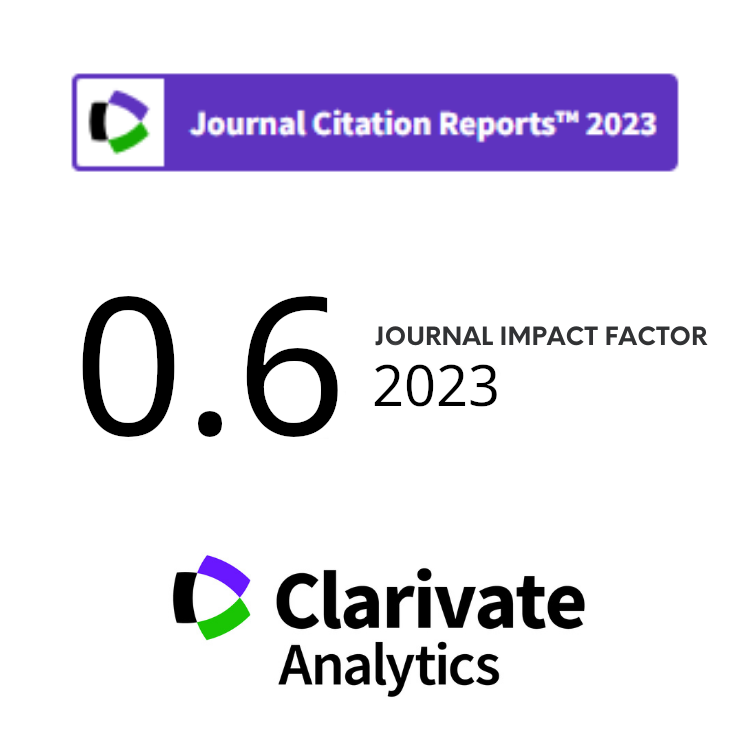Prospect on Desalination and Other Non-Electric Applications of Nuclear Energy In Indonesia
Abstract
As the standard of living increases globally, the need for fresh water and industrial products are also increasing; they require energy for production and hence, the demand for energy–both electric and non-electric, is also increasing. This trend also happens in Indonesia as an archipelagic country. In an effort to meet the current and future water and energy demands, Indonesia is now planning to utilize nuclear power for not only electricity but also producing fresh water through desalination process named Nuclear Desalination. Feasibility and option studies have been carried out by Indonesian National Nuclear Energy Agency, locally called Badan Tenaga Nuclear Nasional or ‘BATAN’ since 1995, and also in collaboration with Korean Atomic Energy & Research Institute (KAERI) since 2002. The study concluded that it would be technically feasible to build desalination plants on selected sites pending further economic assessments. BATAN also has a duty to study the future Nuclear Power Plant (NPP) that can be coupled to various industrial processes. From the literature study it seems that HTGR (High Temperature Gas Cooled Reactor) is the promising one because of its huge range steam temperature. Beside that study, BATAN also has (1) developed a small scale Mechanical Vapor Compression system to study and establish vital parameters that will affect system performance, water chemistry, corrosion, scaling, evaporation, condensation, and choice of materials and (2) basic research on hydrogen production through the Iodine Sulfur (IS) process.
Keywords
Desalination; Nuclear Power Plant (NPP); HTGR
Full Text:
PDFDOI: https://doi.org/10.17146/aij.2007.106
Copyright (c) 2016 Atom Indonesia

This work is licensed under a Creative Commons Attribution-NonCommercial-ShareAlike 4.0 International License.











